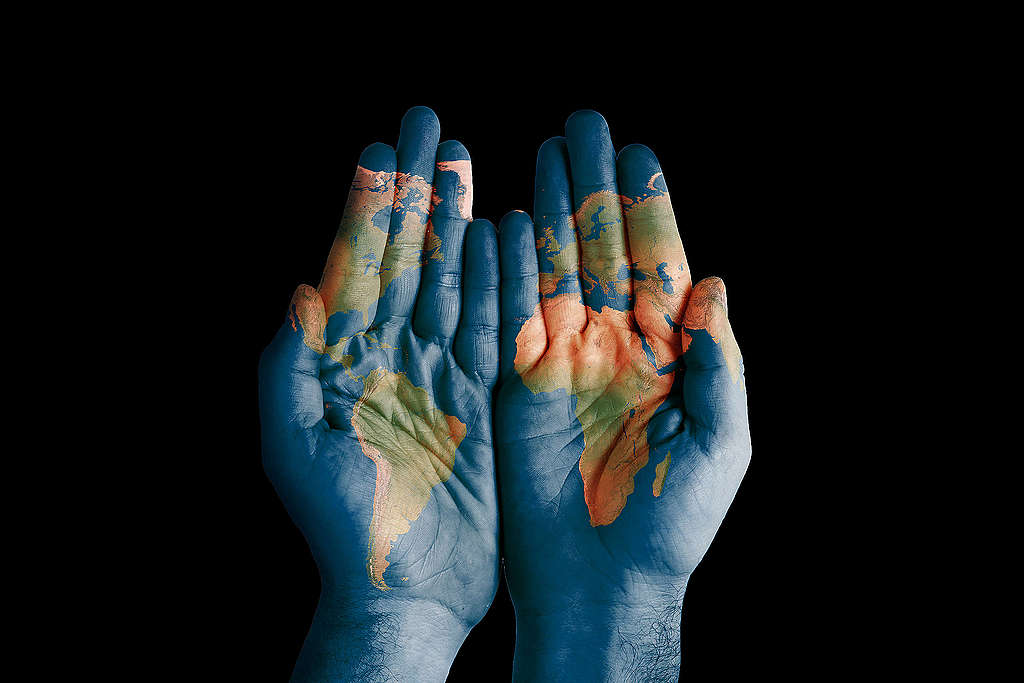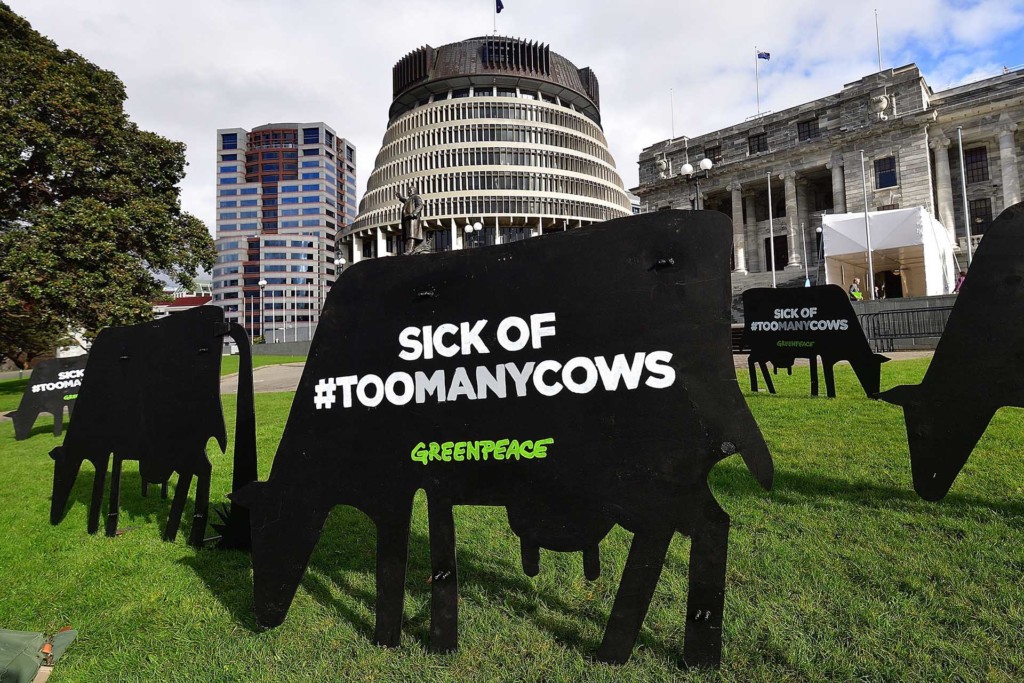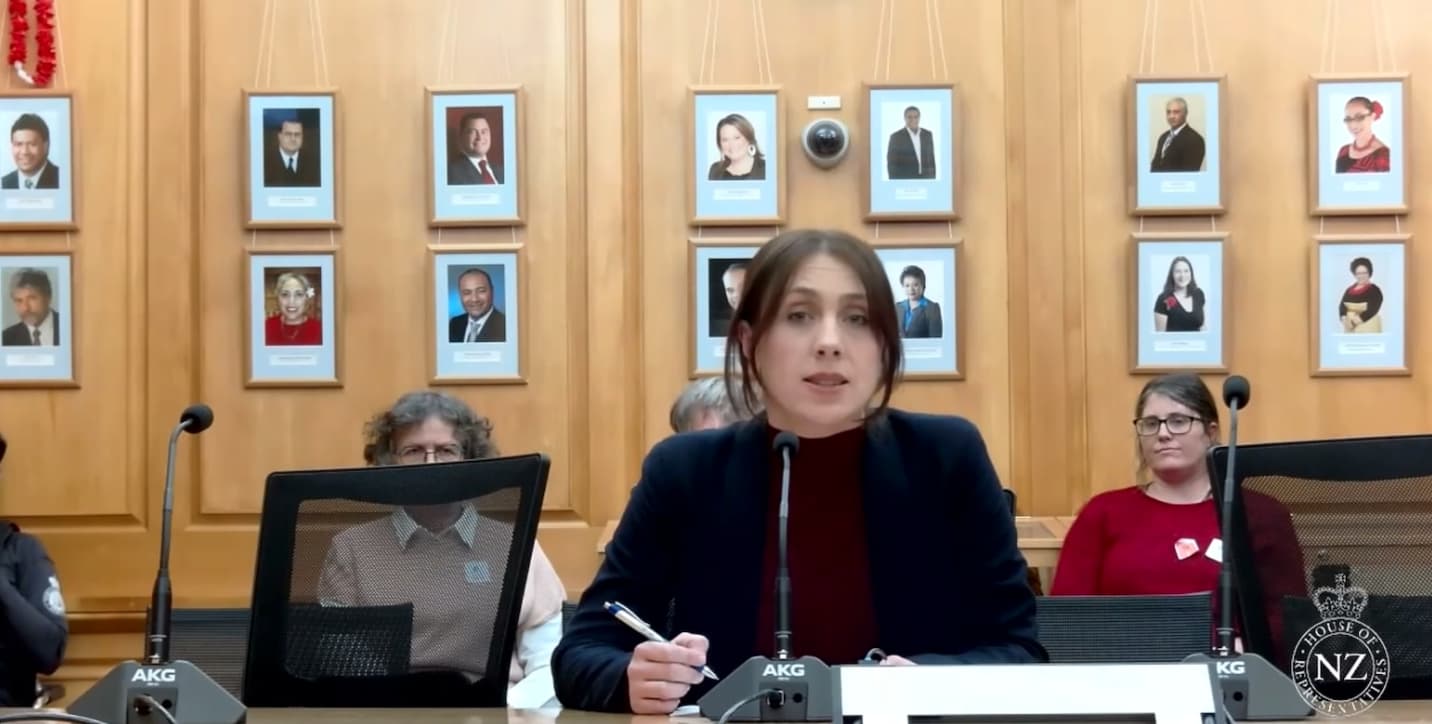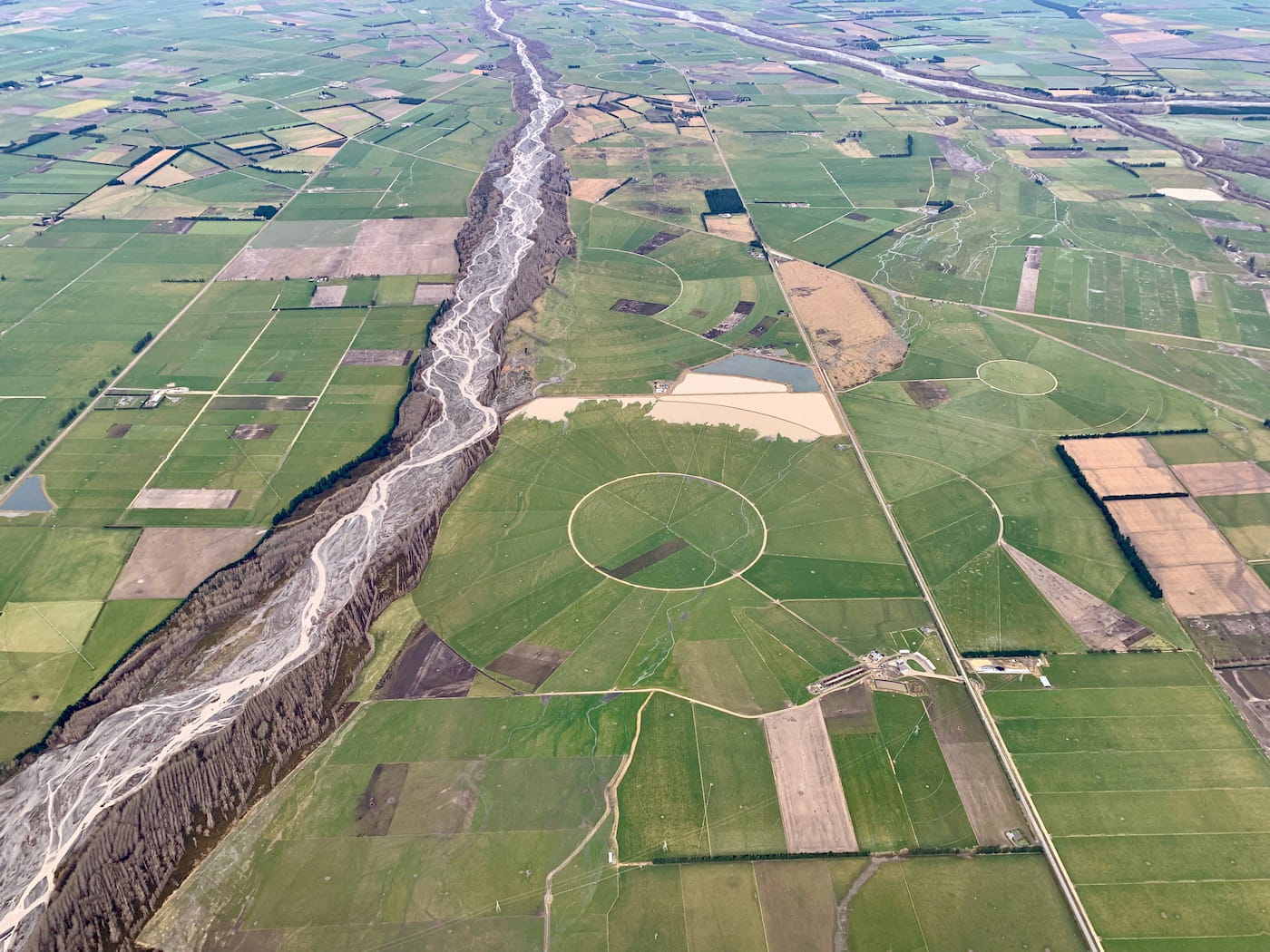Opportunism, it’s a filthy word. Especially in these neo-apocalyptic times.
In an ideal world we’d all be suspending our self interest, joining (virtual and well scr믭) hands and working together to get through this deadly crisis.
All around us that’s mostly what we’re witnessing.
On the news, on the social, in hospital wards, on the streets. Heartening acts of kindness and comfort, sacrifice and co-operation. The best parts of humanity.
What’s the rallying-cry? We’re all in this together.

Sadly it’s not all Kumbaya.
There are those among us demonstrating by their words and actions that they are in this for themselves.
Certain people, organisations, and whole industries exhibiting behaviour which can only be regarded as self-serving. Businesses seeking to game the pandemic for their political or pecuniary advantage.
As Naomi Klein says: “We know the script.”
Two weeks ago, Klein, author of The Shock Doctrine: The Rise of Disaster Capitalism, warned in a video to look out for those around the globe “exploiting” the coronavirus to push for no strings-attached corporate bailouts and regulatory rollbacks.
Here, Federated Farmers took an early lead in the opportunism stakes, angling for a halt on new rules which will protect our rivers and lakes, help biodiversity and protect against climate change.
The Feds thought opportunity had knocked, and leapt on the cancellation bandwagon.
The thought bubble might have read: We’ve had to suspend the Netball Premiership, Super Rugby and (eventually) the Olympics – why don’t we just cancel those pesky environmental regulations.
For their trouble they were roundly slapped, both by progressive farmers and environmentalists, notably the marvellous Dame Anne Salmond.
Unperturbed, a week later, that same opportunistic cudgel was taken up by a certain politician, seeking to grab a headline or two.
Let’s dispense with that red tape so I can boost my profile….win my election… I mean…make New Zealand great again.
That same unnamed politician, the “First Citizen of the Provinces” as he likes to call himself, then suggested the Resource Management Act (RMA) needed to be “disemboweled” to get roading projects underway.
Just a reminder, the RMA is there to promote the sustainable management of natural and physical resources of New Zealand. Not to enable carbon pollution.
At one point the Minister even quoted Machiavelli to RNZ saying, you should ”never squander a good crisis”, which is perhaps a useful title for the big business Covid playbook.
Whether it’s:
Big Agriculture trying to scupper protections for the climate, freshwater and biodiversity;
Big Fishing seeking to put the brakes on ocean sanctuaries like the Marine Protected Area in Otago;
Big Oil seeking bailouts as if fossil fuel companies had nothing to do with the other little crisis that’s threatening our existence. (remember climate change);
Or Big Plastic trying to roll back bag bans on spurious hygiene grounds (when it’s been scientifically shown that SAR’s type viruses can survive on plastic surfaces for more than three days).

Understandably everyone’s looking for safety and protection for themselves and their families, but the need to protect nature hasn’t become any less pressing – and these are, after all, inextricably connected.
Experts have linked the emergence of infectious diseases with increasing pressure on the natural world, and the World Health Organisation has warned that climate change will have major consequences for infectious disease transmission.
Not to mention the links between human health and the state of freshwater, air quality and the loss of biodiversity.
Like everyone, we at Greenpeace have been asking ourselves how we can keep on doing what we do, to fight for nature, to give this fragile planet a voice with all of this going on.
Obviously large scale protests – well, physical protests at any scale – are out of the question while we’re stuck at home.
We are trying to set our sights on how things could be in a post-pandemic world.
We’re sharing fiscal stimulus ideas with Government Ministers, demanding a Green Covid Response, urging them to invest in infrastructure projects which will propel us towards an environmentally sound and resilient future.
Another thing we will do is be super vigilant about politicians and big business trying to take advantage of this crisis to further their own ends.
In these muddled times, it can be difficult to be certain what opportunism looks like.
You have to ask: What’s in it for them? That’s the Acid Test.
If you are milking the Covid-19 pandemic to line yours or your industry’s pockets at the expense of the environment, we will call you out.
When I was working for the Red Cross in Indonesia, we were first on the scene after a Tsunami in which 500 people died.
Just as we drove down to Pangandaran at first light, the cry went out to flee.
There was mass panic and everyone ran, rode and drove up the hill behind the town.
Turned out there was no second Tsunami – looters had started the rumour in order to finish their dirty work.
While it’s always good to assume the best of people in times of disaster, from some you have to expect the worst.



